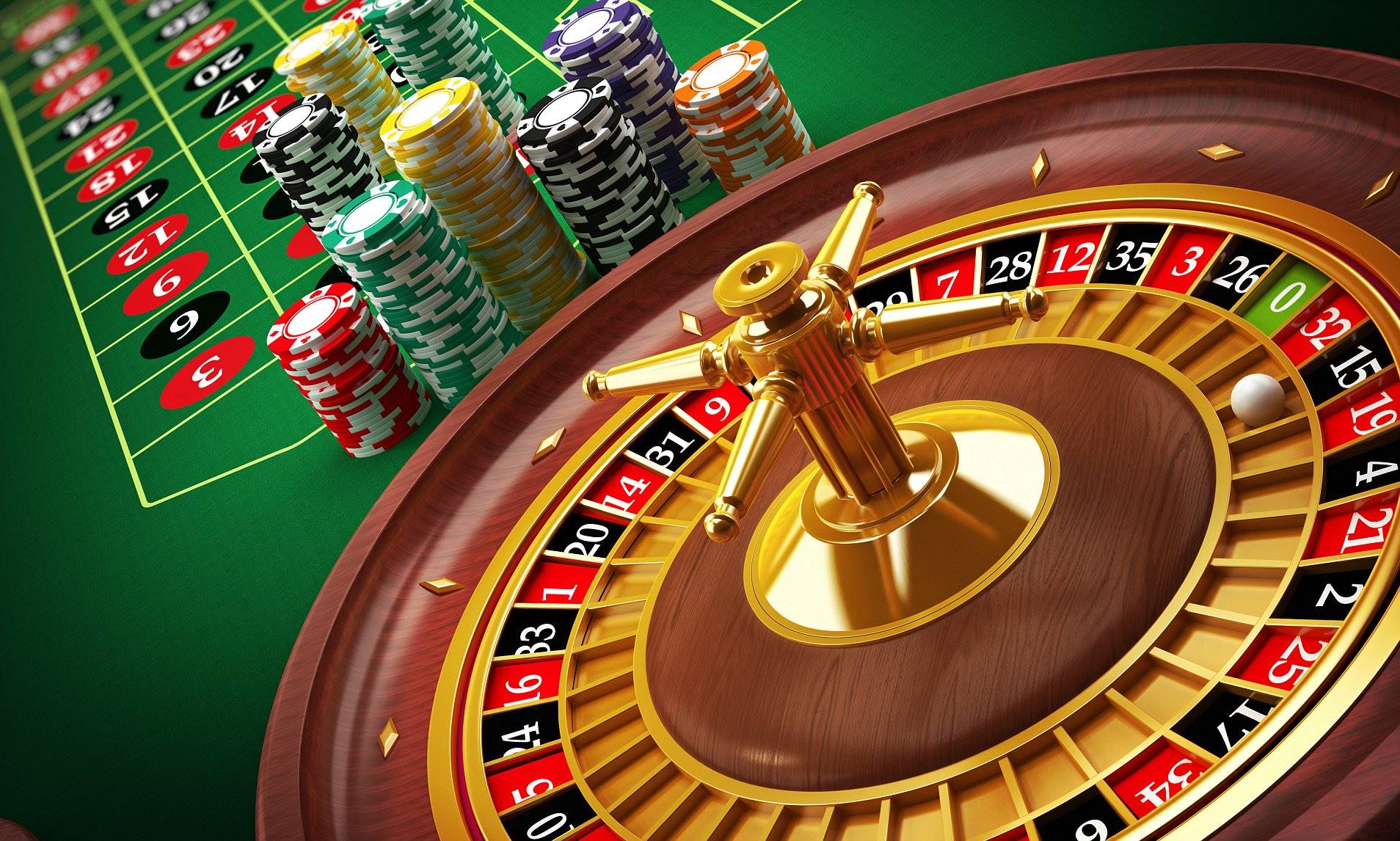Chapter 3#
This is an intriguing combination of symbols and references—each one representing a different archetype or concept. Here’s how I interpret them:
Tumble-weed: The Dude (The Big Lebowski) or Alexei (The Gamblers)#
The Dude in The Big Lebowski is like a tumbleweed, drifting aimlessly through life, embodying a kind of passive, non-assertive philosophy. He’s carried along by external forces but remains unaffected internally, an archetype of detachment. The tumbleweed is a perfect metaphor: it moves with the wind but is never grounded, and this describes The Dude’s zen-like ambivalence toward life’s struggles. He’s a passive agent, finding peace in a chaotic world.
Alexei in The Gamblers (Dostoevsky) reflects a different form of drift, tied to addiction, compulsion, and a lack of control over fate. Alexei’s tumbleweed represents a more tragic lack of agency, where gambling leads to both moral and financial ruin. His life’s drift is toward destruction, unlike The Dude’s chaotic peace.
Bridge: Zarathustra (Nietzsche’s Thus Spoke Zarathustra)#
Nietzsche’s Zarathustra sees life as a bridge to the Übermensch (Overman)—a transition state rather than a destination. Zarathustra sees humanity as something to be overcome, a bridge from animal to Übermensch, and the task of life is not to remain content with where one is but to become something greater. The bridge implies a movement towards a goal, but it’s never the final destination; it’s an ongoing process of becoming.
Goal: Marx#
For Marx, the goal is the establishment of a classless society, achieved through the dialectical process of history. The goal is concrete and teleological, rooted in economic and material structures. Marx’s vision stands in stark contrast to Nietzsche’s concept of eternal becoming: while Marx sees a historical end point (the realization of communism), Nietzsche’s philosophy rejects the idea of a final goal, suggesting instead that life is a series of transformations without ultimate fulfillment.
Synthesis#
This triad speaks to different ways of understanding agency and purpose in life:
Tumbleweed (The Dude/Alexei) suggests a passive drift through life, whether it’s blissful ignorance or destructive compulsion.
Bridge (Zarathustra) is a metaphor for transition and self-overcoming—a continual process with no fixed goal.
Goal (Marx) stands for a concrete end-point, a teleological vision where history culminates in a final resolution.
Together, these ideas explore the tension between passivity, transformation, and the desire for an endpoint—each reflecting a different existential stance. The Dude is indifferent, Zarathustra is striving, and Marx is determined.
